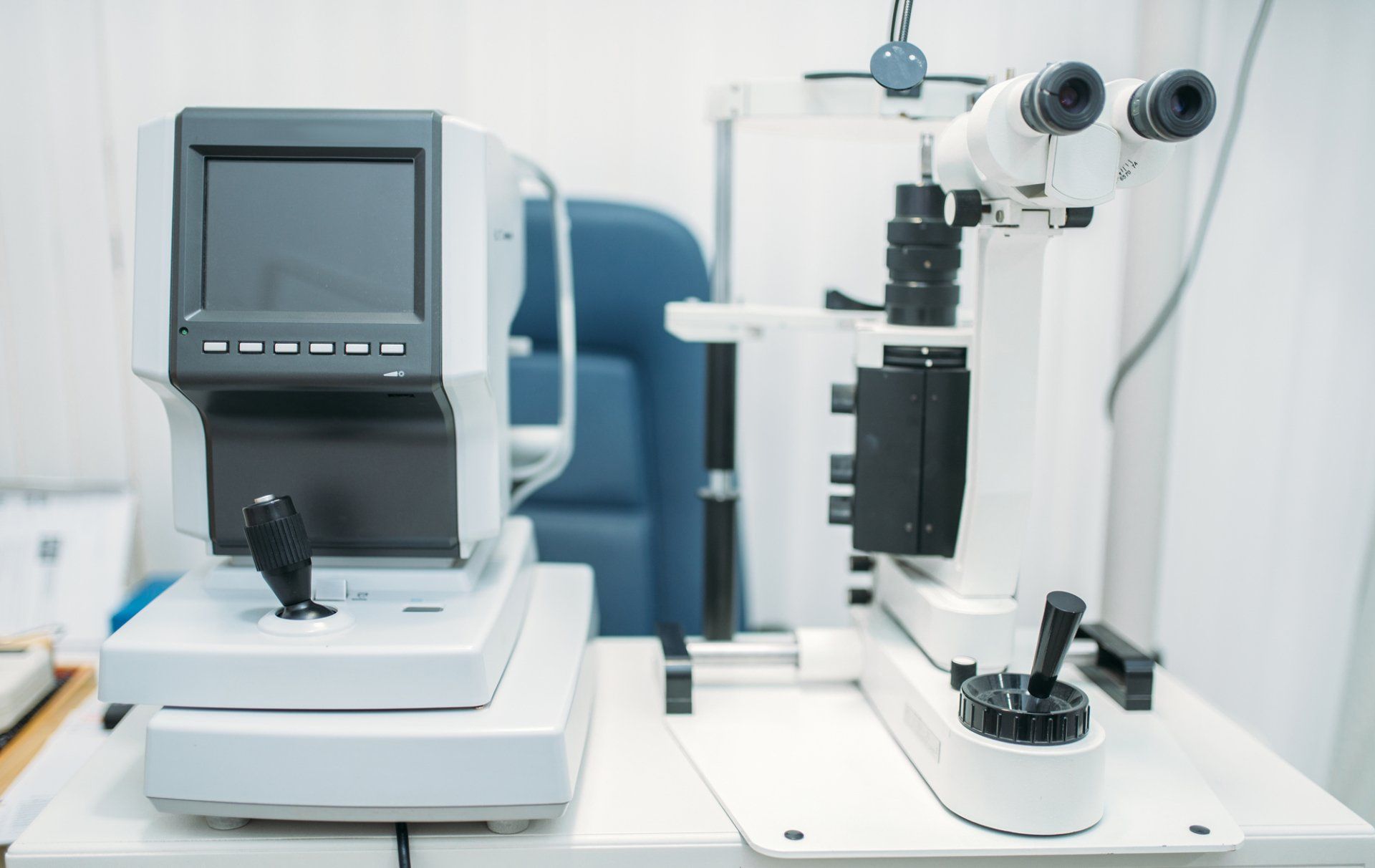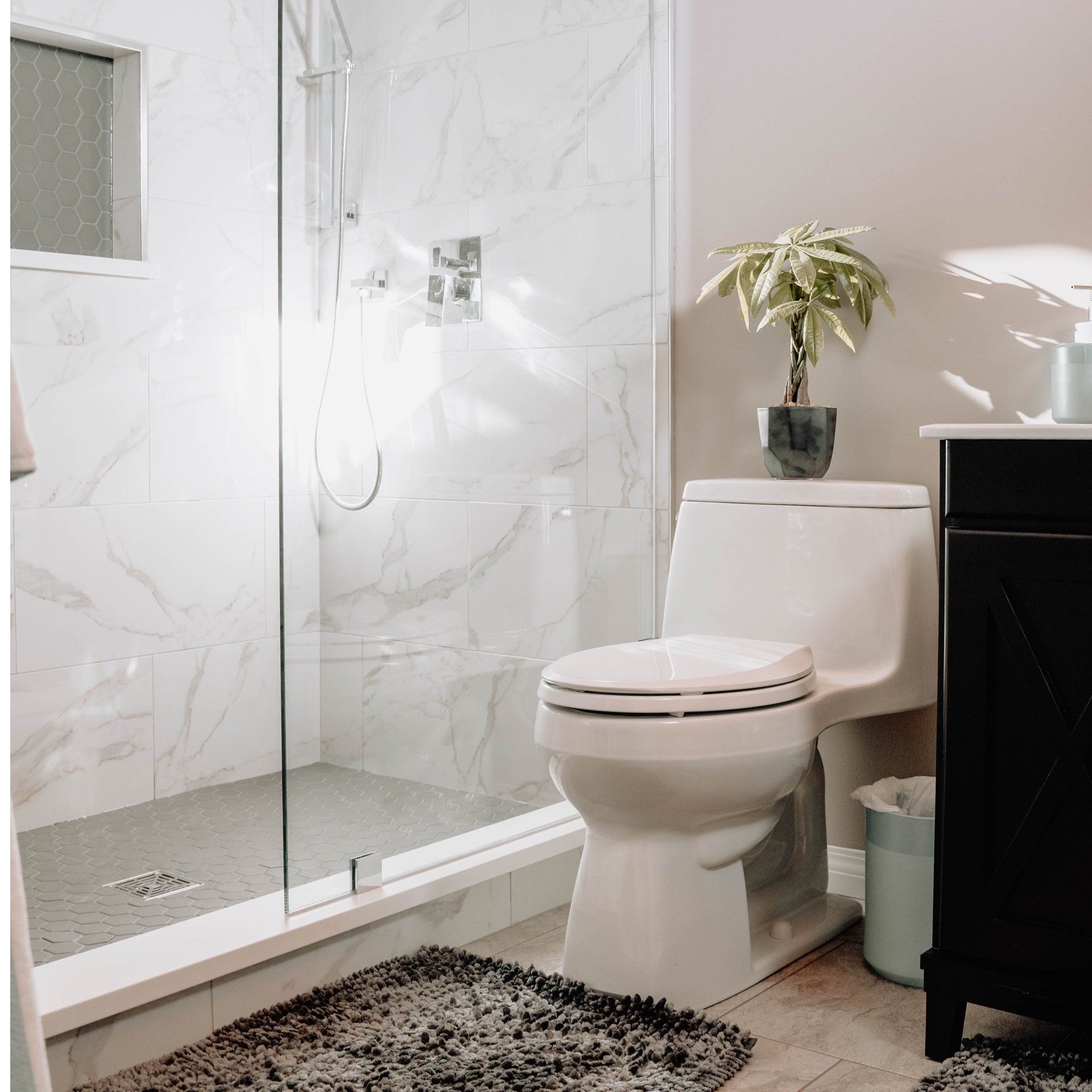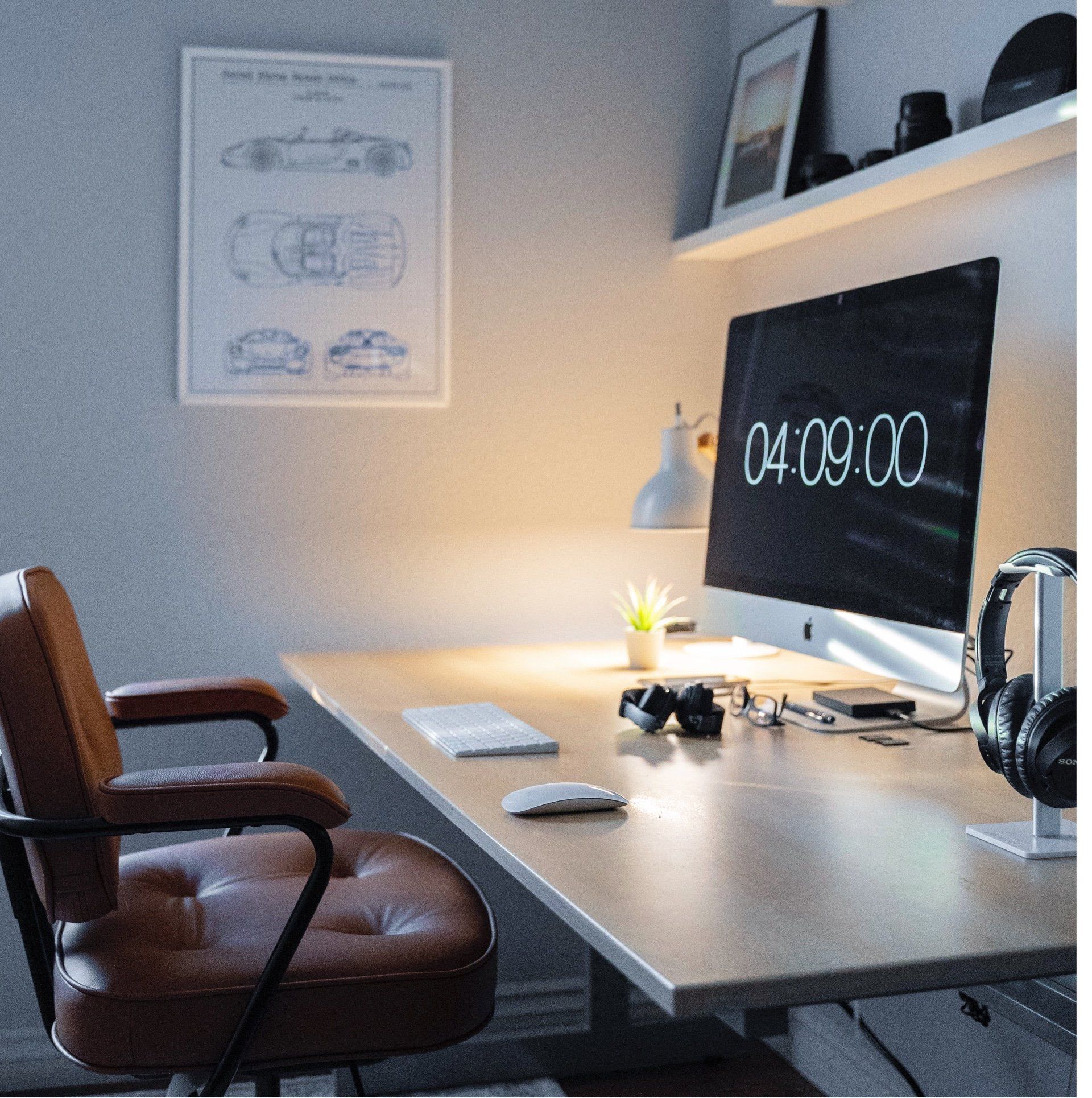Capital Ophthalmic
What You Need to Know About Hiring an Ophthalmic Repair Service

It's always just a matter of time before technology breaks down. Unfortunately, ophthalmic equipment is not immune from the inevitable.
Ophthalmology practices large and small need to plan ahead for regular servicing and inevitable repairs to their diagnostic equipment. When it comes to the tools ophthalmologists need to provide the best possible care for their patients, it’s always best to have a care and maintenance plan in place. This reduces the likelihood of emergency service calls and ensures a long useful life for expensive ophthalmic equipment.
Keeping Ophthalmic Equipment Working Properly
If you love your equipment, it will love you back. But taking care of your equipment begins with establishing procedures for daily use that keep instruments in operational condition for high patient volume. These procedures may include:
- Put tools in their designated places. Don't carry them around in pockets or leave them lying on desks.
- Never wipe dust from an optical surface. Make sure that jewelry, long fingernails, and sharp instruments don't scratch lenses, mirrors, prisms, glass plates, or windows of ophthalmic equipment.
- Make sure that equipment is connected to a power source with the correct voltage. Otherwise, use an appropriate transformer.
- When you have lamps on, don't move the equipment. The slightest motion can crack or break the filament in an active bulb. Keep voltages at the lowest possible setting.
- Make sure equipment operates at the correct amperage. Never swap slow-blow and fast-blow fuses. Never bypass a fuse.
When you implement these simple rules in your office, ophthalmic equipment usually does not need repair for about three years after purchase. Routine maintenance and cleaning can keep the necessary instruments for eye exams performing well, and the newest equipment typically has a one-year warranty. With this in mind, it’s clear to see that hiring a dedicated, in-house ophthalmic equipment technician may be excessive.
However, even with ideal office procedures, small components begin to need recalibration after a while. Ophthalmic equipment that is moved around in the office or transported to another office can develop serious irregularities. Digital refractors, in particular, need regular servicing. And we have seen our fair share of dropped binocular indirect ophthalmoscopes. Simple cleaning is not enough to keep these vital instruments in good operating condition.
Capital Ophthalmic Instruments Has the Experience You Need
Capital Ophthalmic Instruments has over 40 years of experience in maintaining, repairing, and replacing all kinds of ophthalmic equipment. Our technicians know your equipment. We also can help you with your purchasing decisions for optical exam equipment and surgical instruments. In many situations, we are able to provide reconditioned ophthalmic instruments at an affordable price.
Capital Ophthalmic Instruments also has loaners for most of the instruments used in eye exams. You won't be out of business even while the largest equipment like exam chairs and phoropters are being repaired. Call Capital Ophthalmic Instrument Service at (770) 231-5418 for more information today.
Capital Ophthalmic
Instrument Service Inc.




